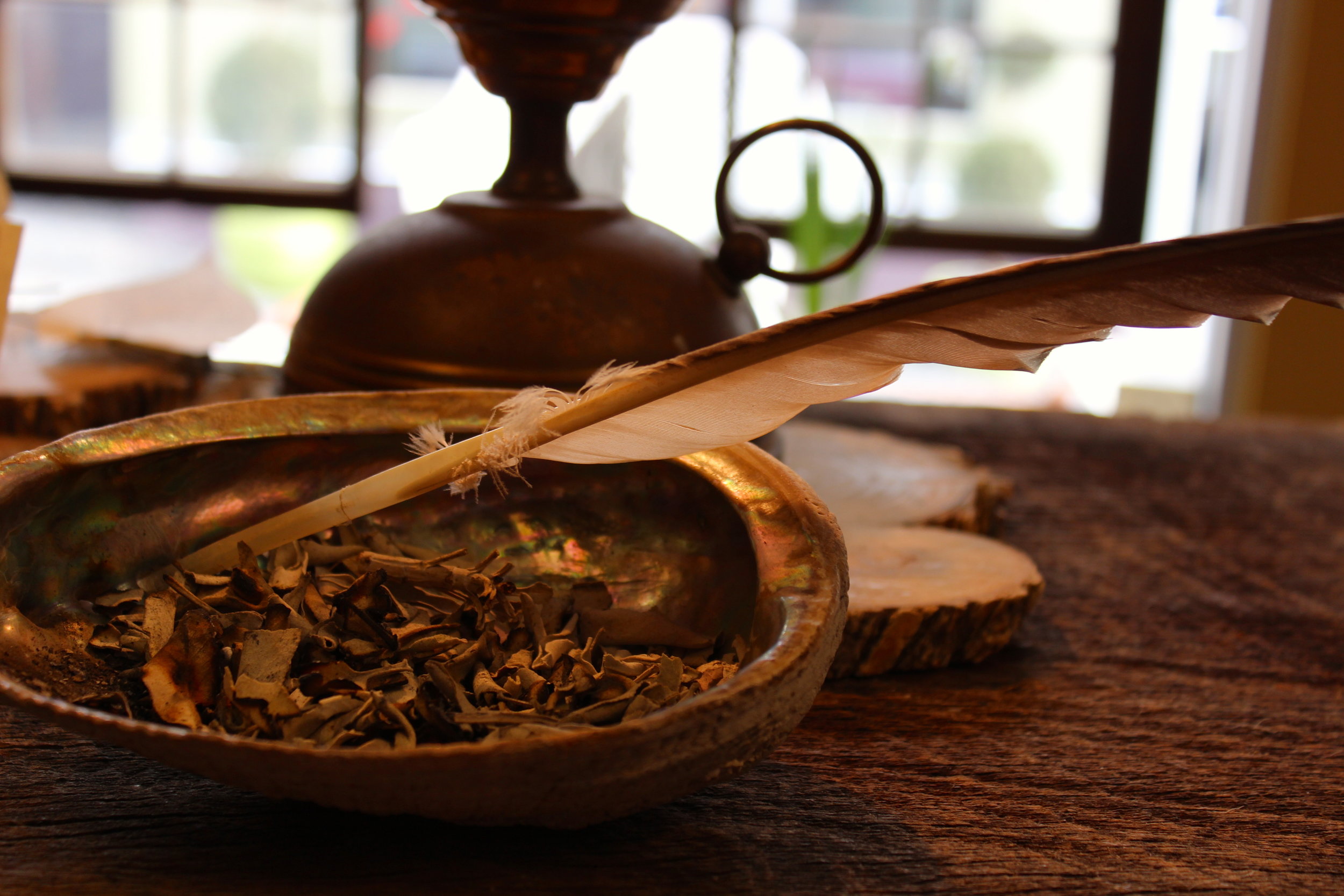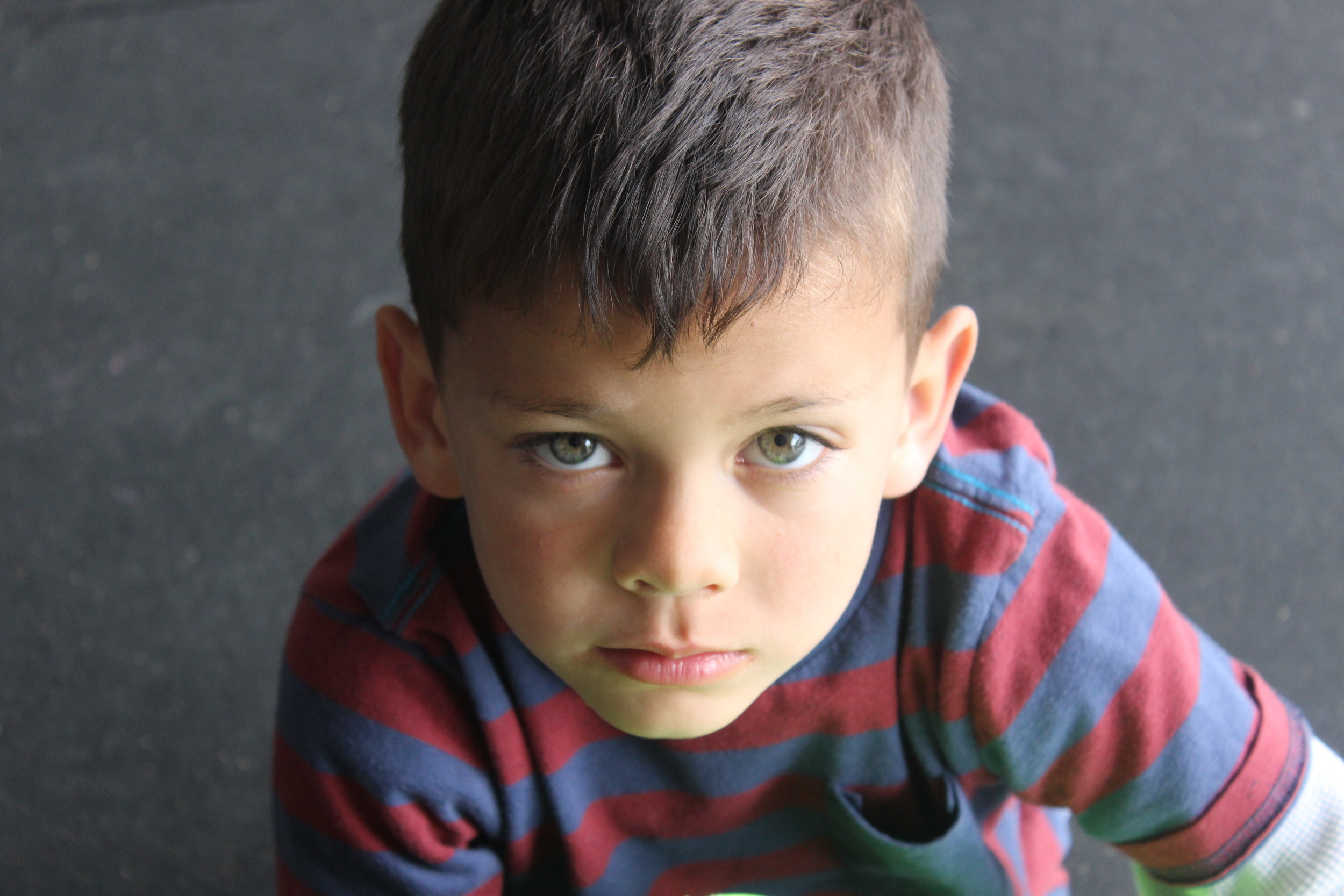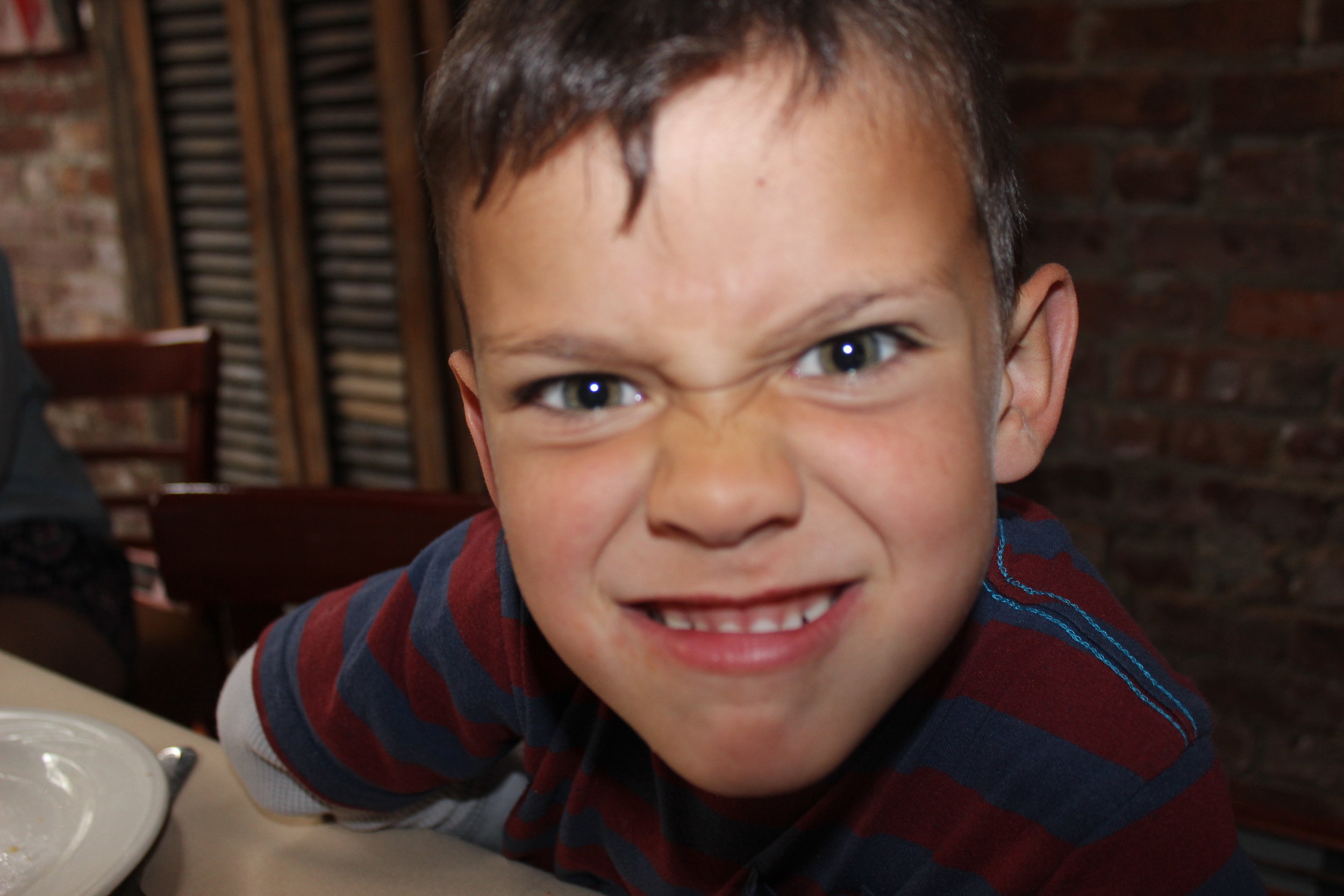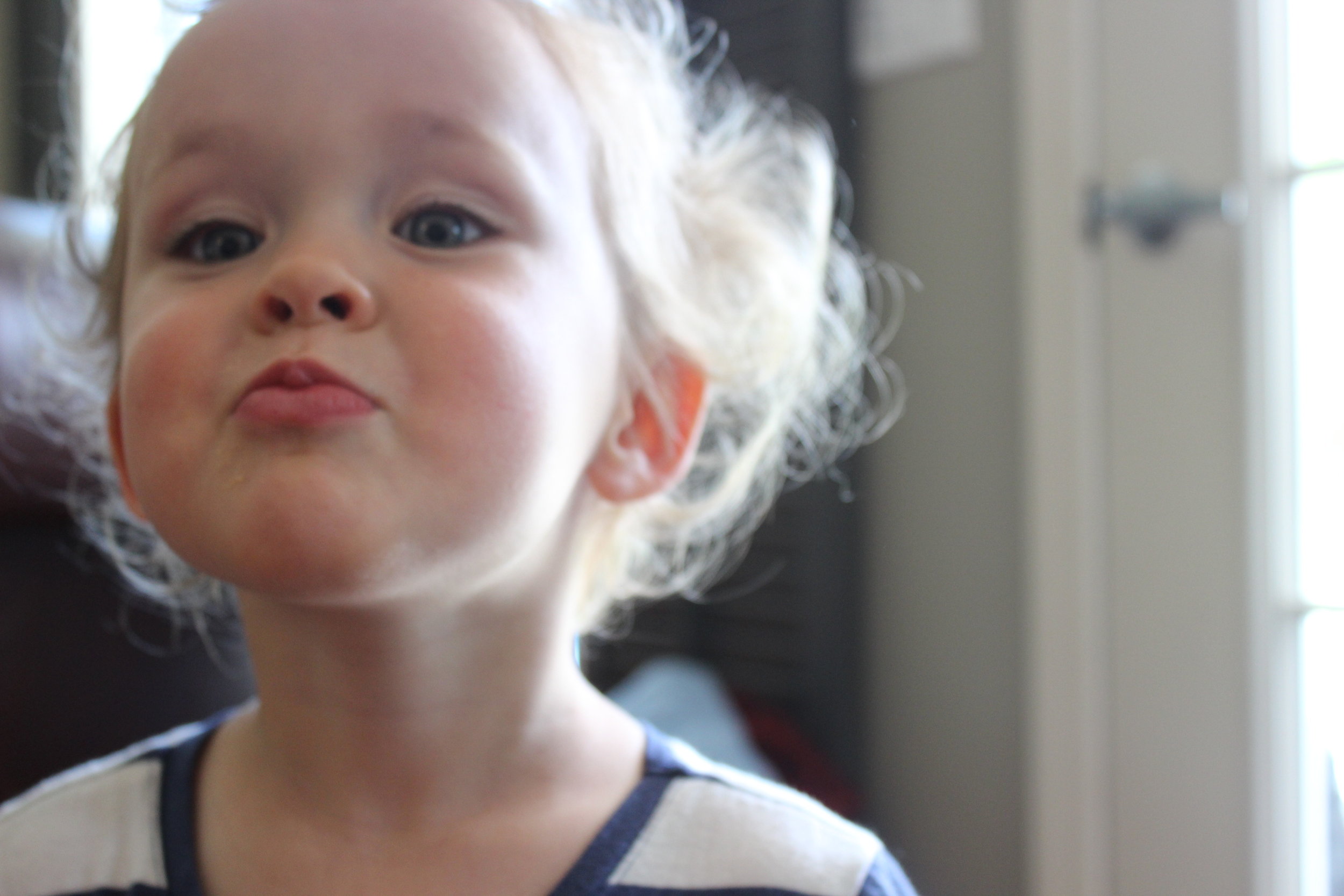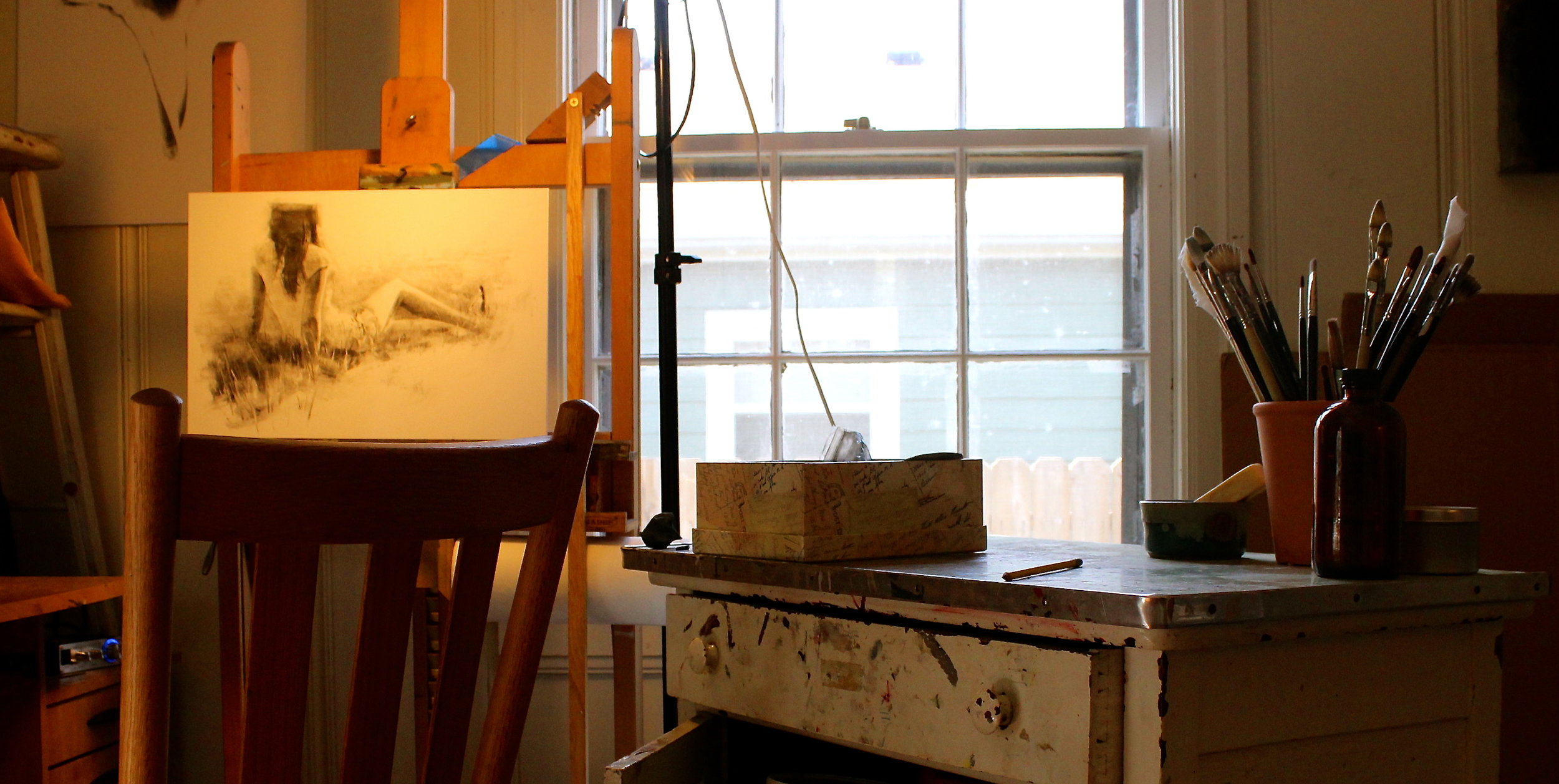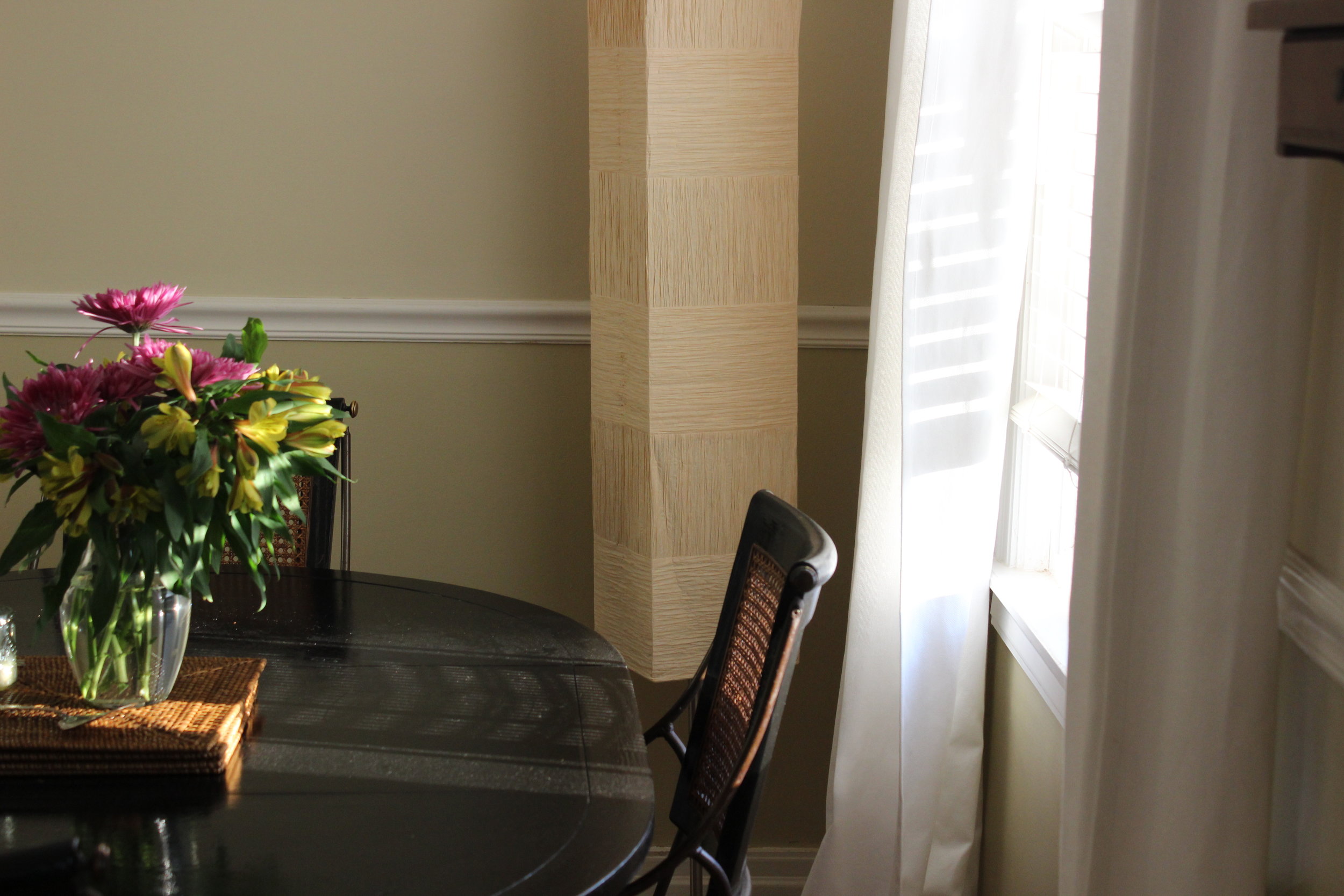Recently I've been writing the first few pages of my first book. And it hurts.
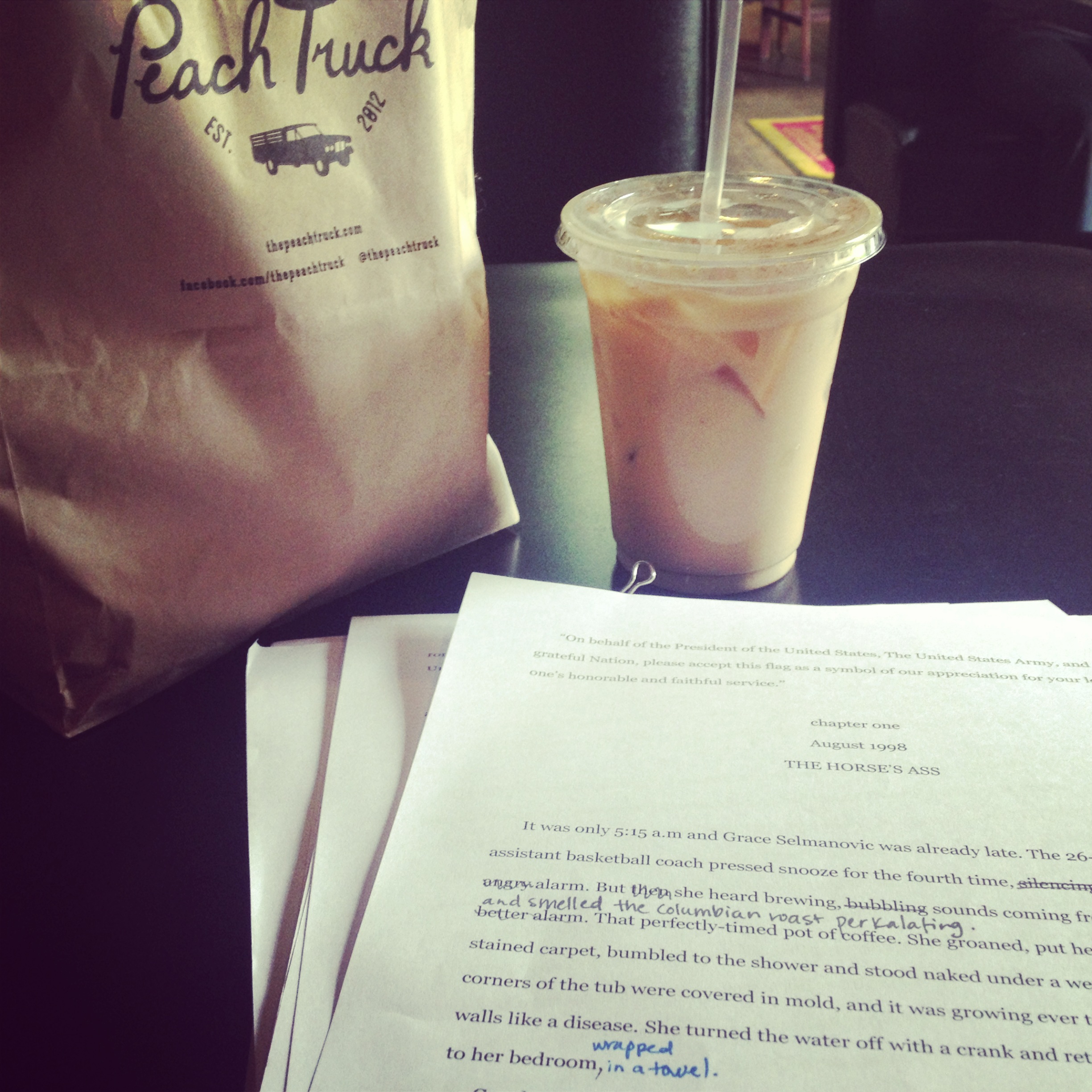
It hurts because it's hard. It hurts because the things I write today often don't read so well tomorrow. It hurts because most of the time it's so overwhelming I can't see straight. And it hurts because the subject matter I'm writing about sends me deep into the throws of nostalgia. The deadly kind.
The book I'm writing is about three women who attend West Point. And when I start thinking about West Point, traveling up there to do research, spending hours upon hours looking at photos of that place... it's hard not to get lost in it all. Lost in the memories of middle school and high school—and then just kind of lost.
It got me thinking... when you start thinking back, does it prevent you from moving forward?
 This is West Point. My once home.
This is West Point. My once home.
Nostalgia is this gut-wrenching feeling of wanting to be back in a place you once were with people you once knew or in a time you once had. The dictionary says nostalgia is "a sentimental longing or wistful affection for the past, typically for a period of place with happy personal associations." Right. So if nostalgia takes you to a happy place, why, so often, does it leave us in a state of utter depression?
I think it goes back to my thought life. Fostering a healthy thought life is the key to breaking the bonds of nostalgia. If I let my mind dwell in the past - my brain can conjure up memories (true and false) that can taint my enjoyment of the present.
Whatever is true. What is true is that I live in Nashville—the greatest city in the world with some of the greatest people I've ever met and some of the closest friends I've ever had.
Whatever is noble. What is noble is that I'm trying my hardest to live in the gifts I believe I've been given, to the glory of God, for better or worse.
Whatever is right. Whatever is pure. What's right and pure is knowing the ways God has blessed me here and now, today.
Whatever is lovely. What is lovely is looking in the mirror and feeling content with who I am now.
Whatever is admirable. What is admirable are the ways other people in my life are living for today and giving their lives away to others.
If anything is excellent or praiseworthy. Think about such things.
Philippians 4:8.
Lord, help me. This hurts.
